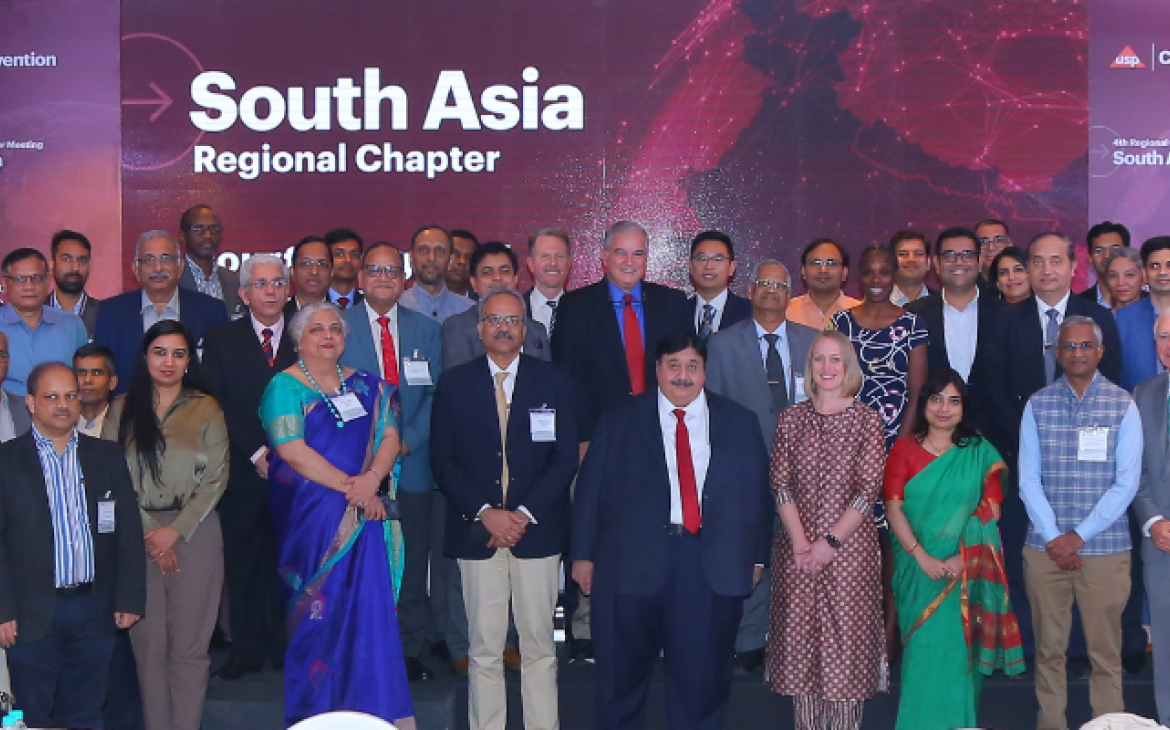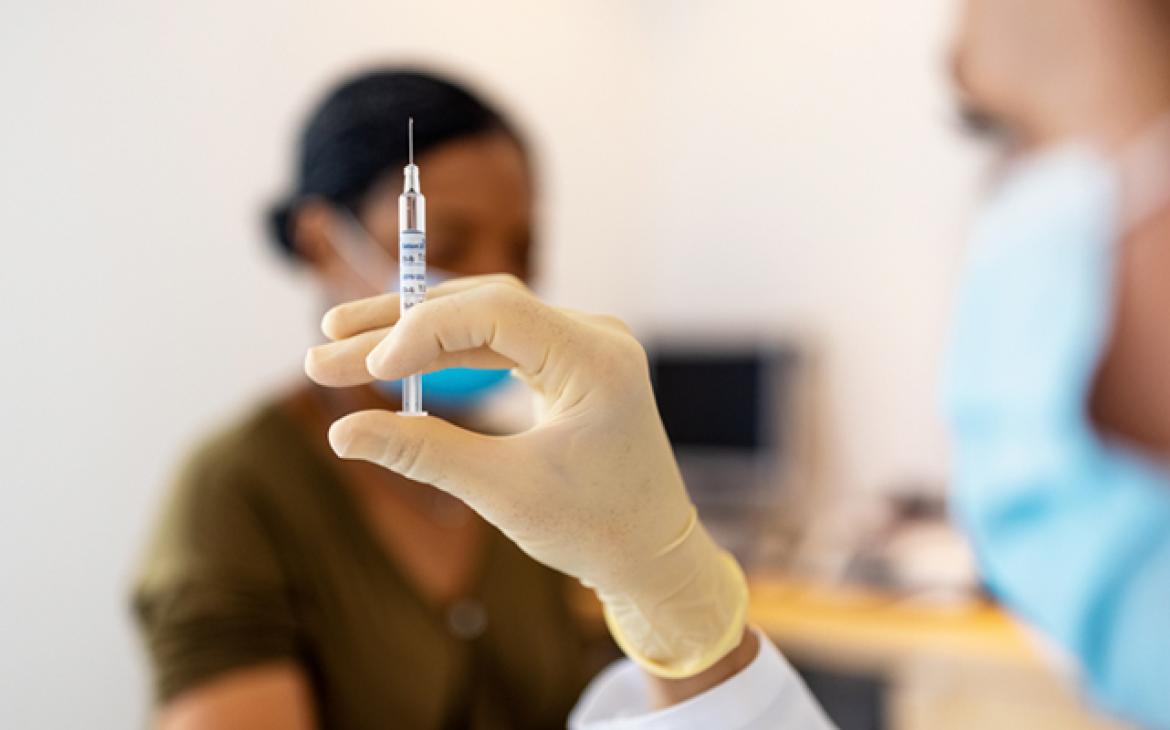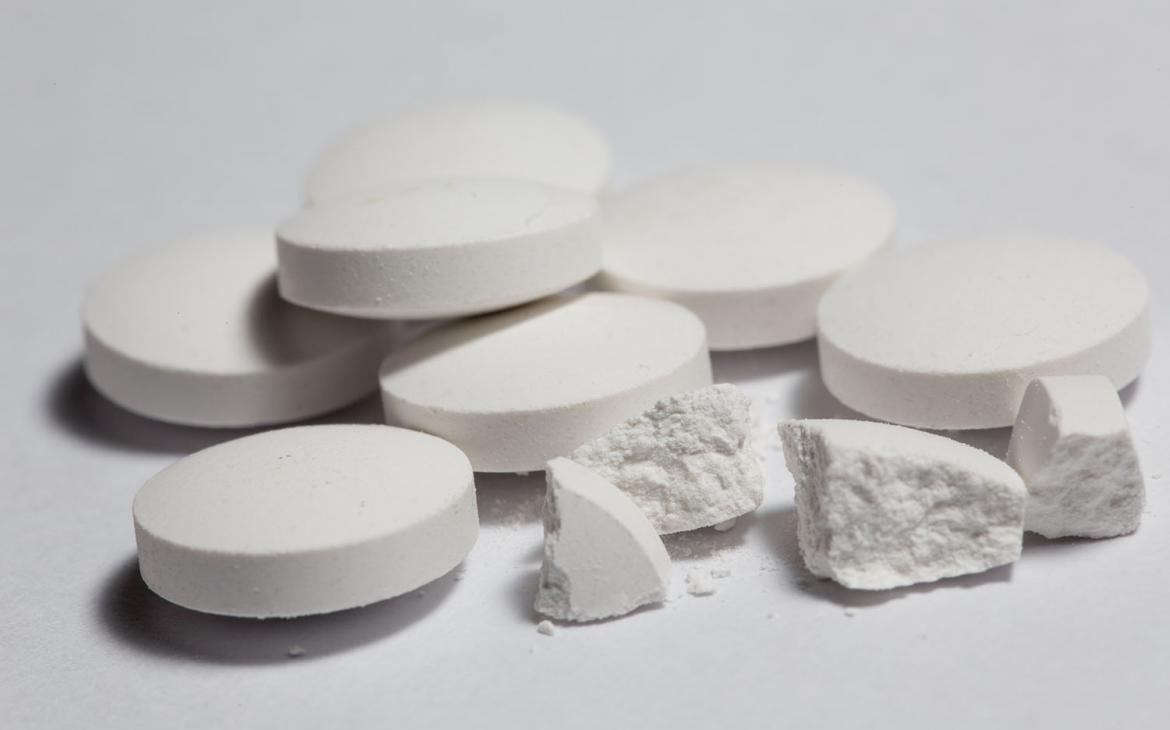USP’s Preferential Access for Regulators (PAR) Program: Supporting the Global Supply ...
In the U.S. and around the world, quality standards developed by the U.S. Pharmacopeia (USP) support the availability of safe, quality medicines, regulatory efficiencies, and a strong global medicine supply chain.







 Show 11 More
Show 11 More